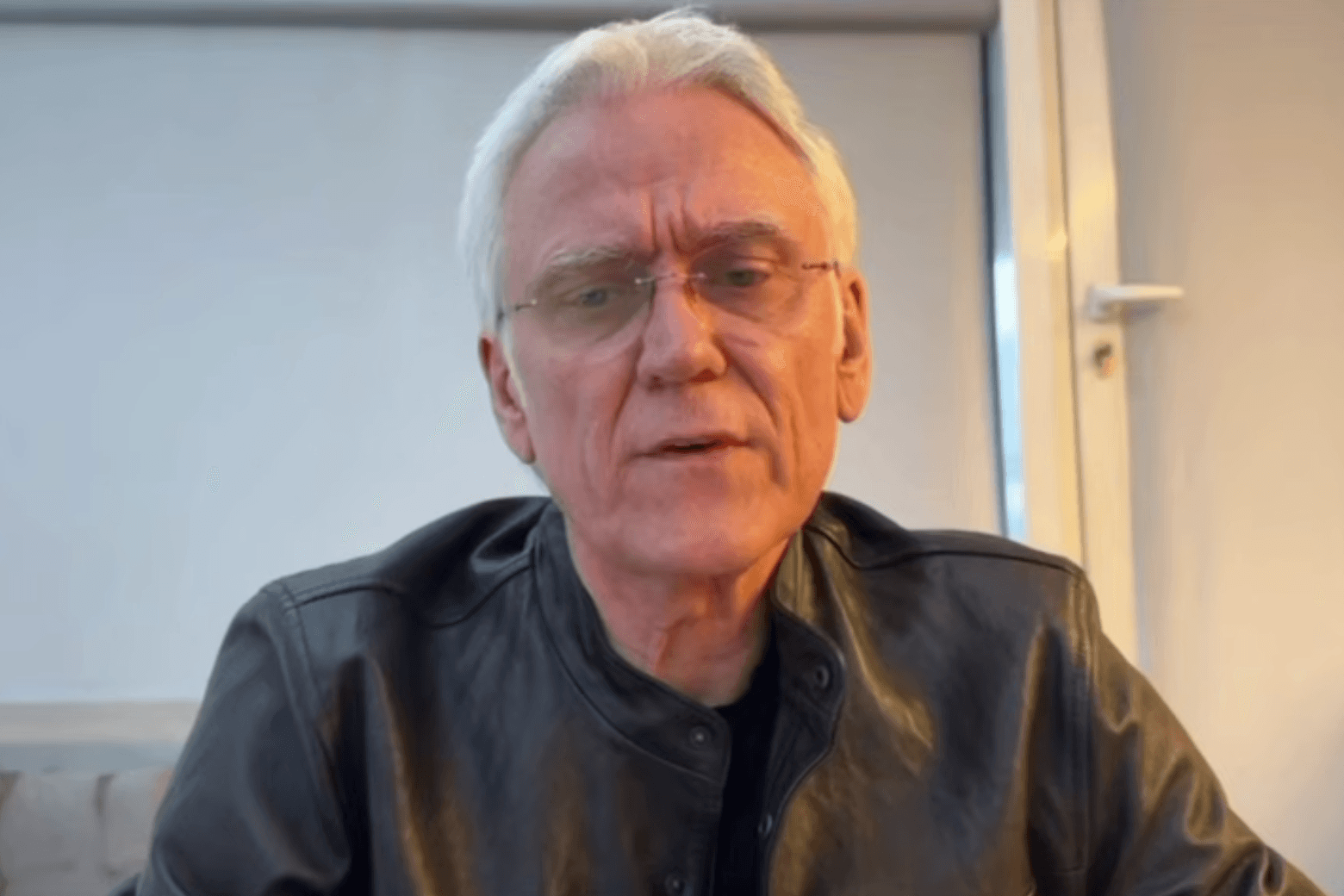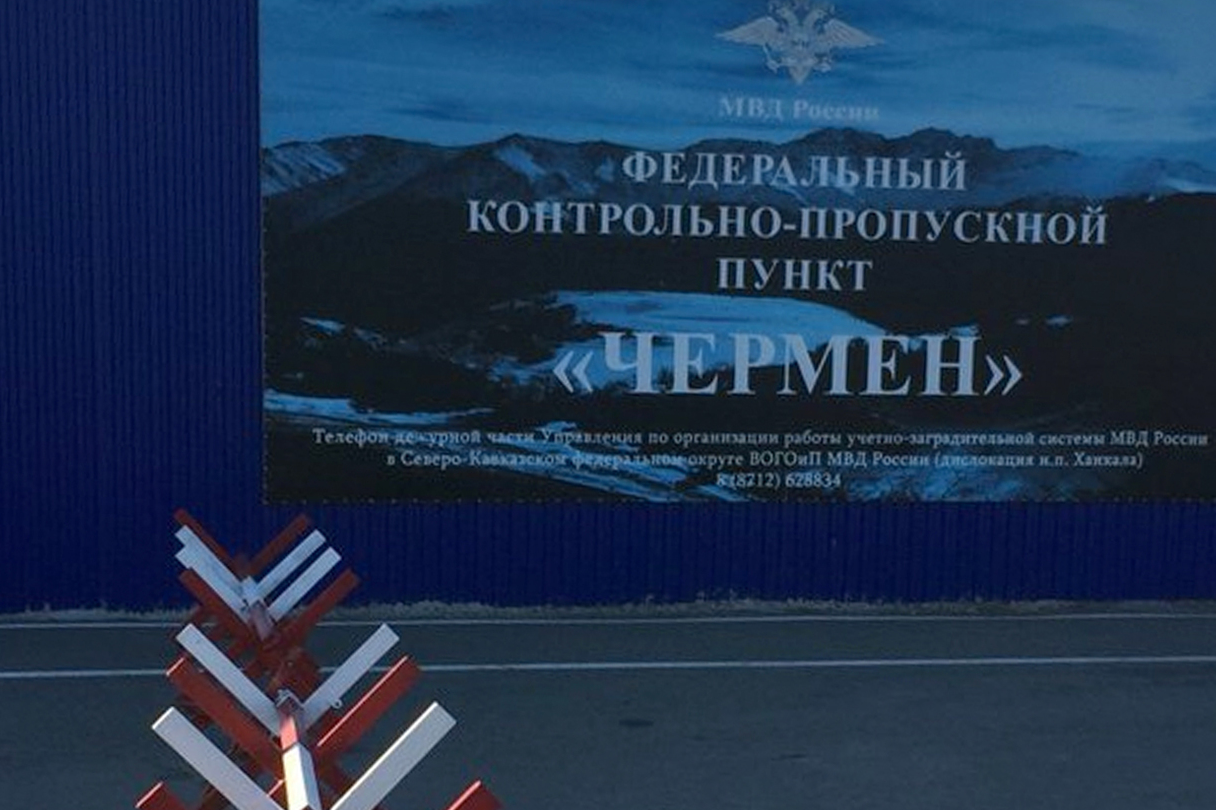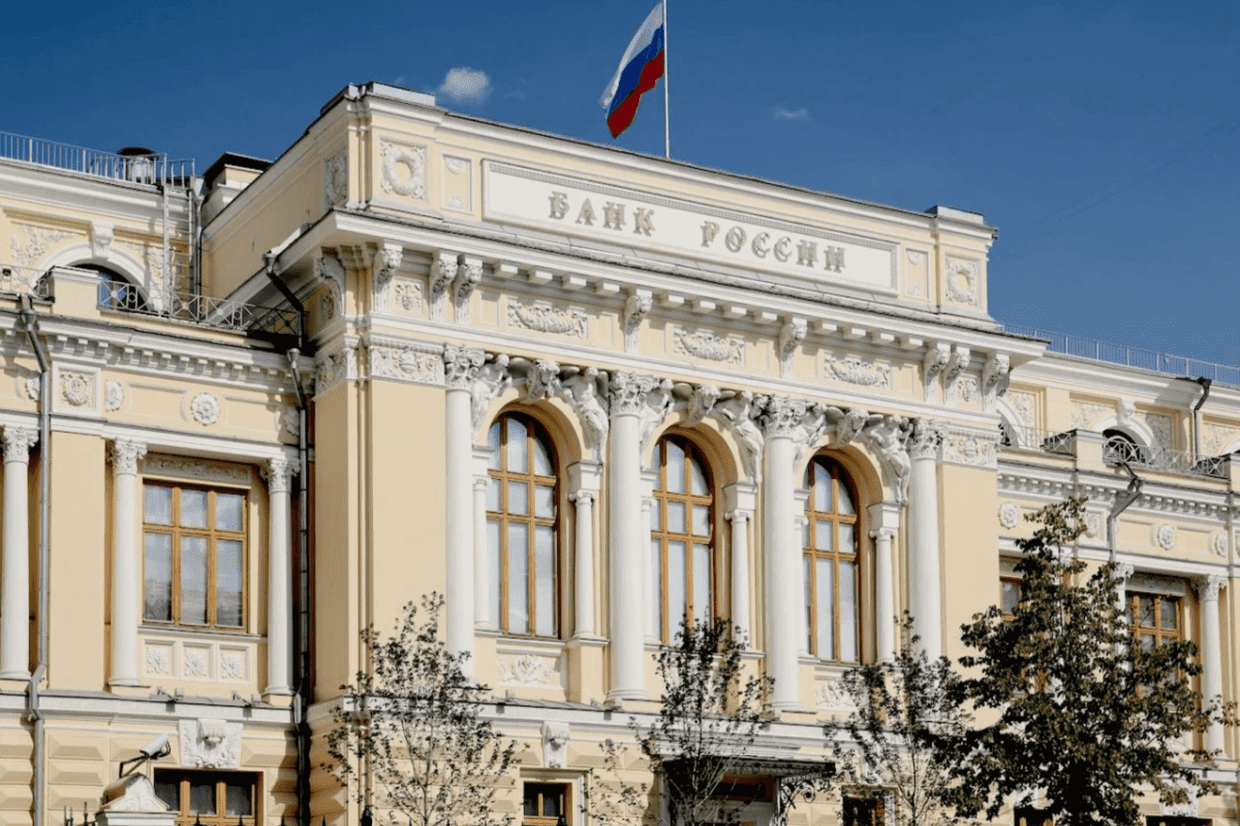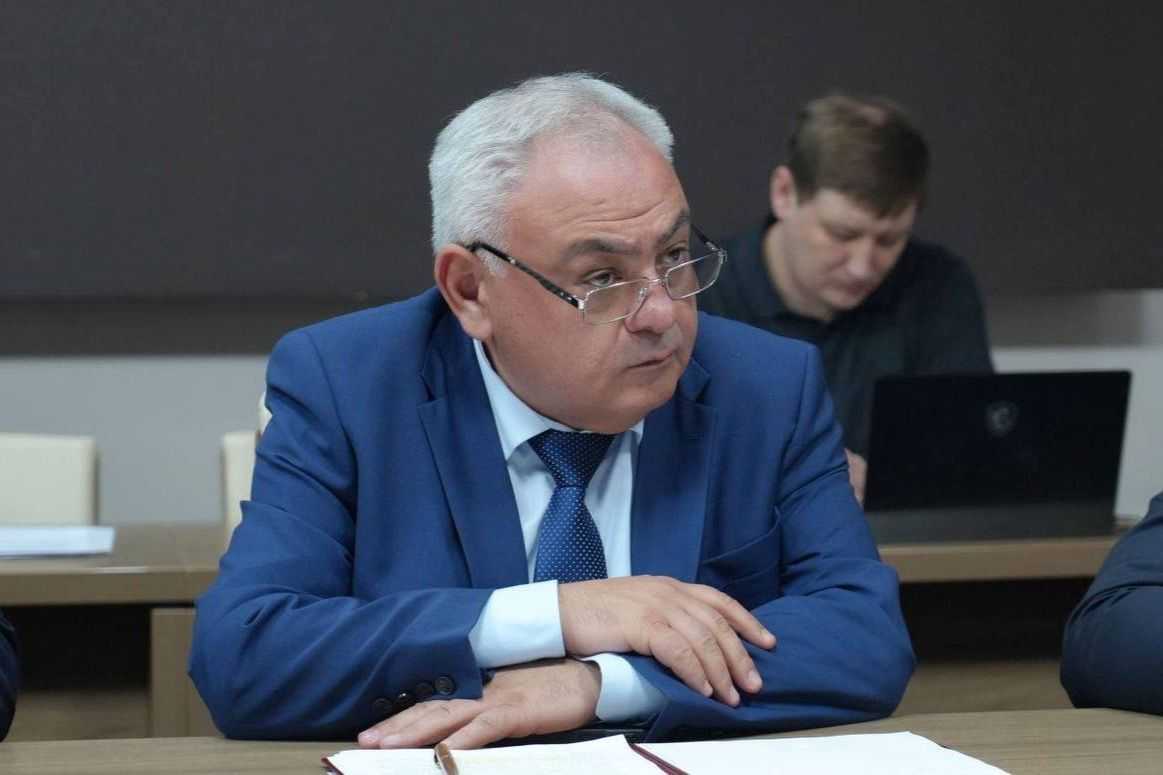Russian singer Aleksandr Marshal publicly apologises for remarks about Ossetian–Ingush conflict

Russian singer Aleksandr Marshal was compelled to release a video apology following public calls to cancel his concert in North Ossetia, scheduled for 25 November. The controversy stems from statements made in a television programme nine years ago, which, according to residents of North Ossetia, distorted the history of the 1992 Ossetian–Ingush conflict.
Soslan Didarov, a member of the North Ossetian parliament, wrote on Telegram ahead of the performance that he had received numerous messages urging the concert’s cancellation, most of them from young people in the republic. According to Didarov, the complaints refer to Marshal’s television programme Legends of the Army, which aired on the propagandist Zvezda channel in November 2016.
The episode of Legends of the Army in question, dedicated to the then head of Ingushetia, Yunus-Bek Yevkurov, aired on Zvezda in November 2016. It included comments and footage that, in the opinion of viewers from North Ossetia, depicted the Ossetian–Ingush conflict in a biased and misleading way. Viewers noted that the programme portrayed the Ingush side solely as victims of the conflict, while presenting Ossetian actions as aggressive and unjustified.
Following the broadcast and ensuing public outcry, the Zvezda channel issued an official apology, and the episode was withdrawn from circulation and deleted from all official platforms.
Didarov quoted from the new appeals, stating, ‘The wording goes like this: “He defamed and accused the Ossetians, portraying them as guilty in the 1992 conflict with their neighbours” ’.
Didarov said he understood the emotions behind these demands but did not consider it reasonable to cancel the concert. He added that the issue surrounding the programme had been resolved soon after it aired, but that now ‘someone is deliberately manipulating young people’s emotions by stirring up interethnic issues’.
Didarov recalled that Marshal had already issued a public apology following the controversy in 2016.
‘Aleksandr himself apologised twice for the one-sided interpretation and expressed deep respect for Ossetia and its people’, Didarov wrote.
In response to the renewed criticism, Marshal recorded a new video message, which was published by a local Telegram channel. In it, he again asked the republic’s residents for forgiveness and explained that in 2016, he had only been the host of the show and had not been involved in preparing the script.
‘After the announcement of my concert, there were those who wanted to rekindle the fire of an old mistake. Back then, I was merely the host of an author’s programme and simply voiced the editor’s text. You know that the programme was later removed and the editor was dismissed. Once again, I ask you to forgive me. I am not a politician, I am a singer’, Marshal said in the video.
The Ossetian–Ingush armed conflict broke out in November 1992 in the Prigorodny district of North Ossetia, where both ethnic groups had lived side by side. The clashes were rooted in a long-standing territorial dispute that emerged after the 1944 deportation of the Ingush people and the subsequent resettlement of Ossetians on their former lands. When the Ingush population began to return in the late 1980s, tensions over control of the district escalated.
The conflict lasted several days, resulting in hundreds of deaths and the displacement of tens of thousands of Ingush residents. Russian federal forces eventually intervened, imposing a state of emergency and halting the fighting. Some of the displaced Ingush population have still been unable to return to their homes in the Prigorodny district.











